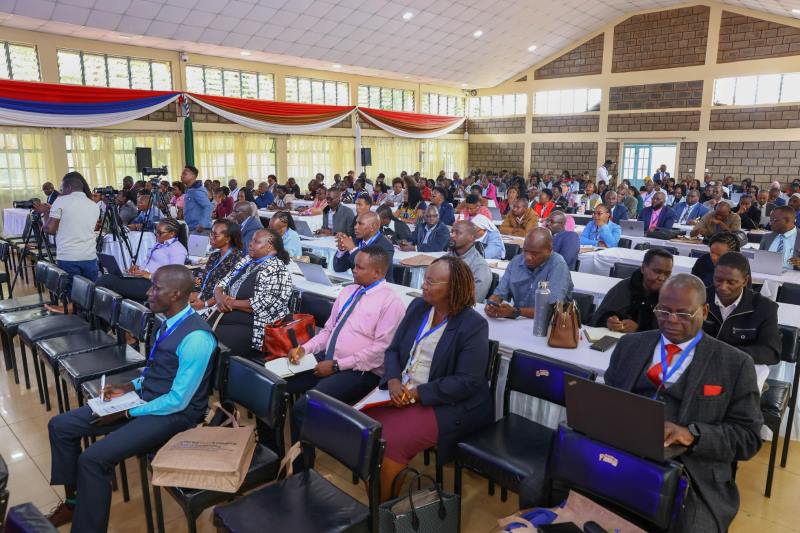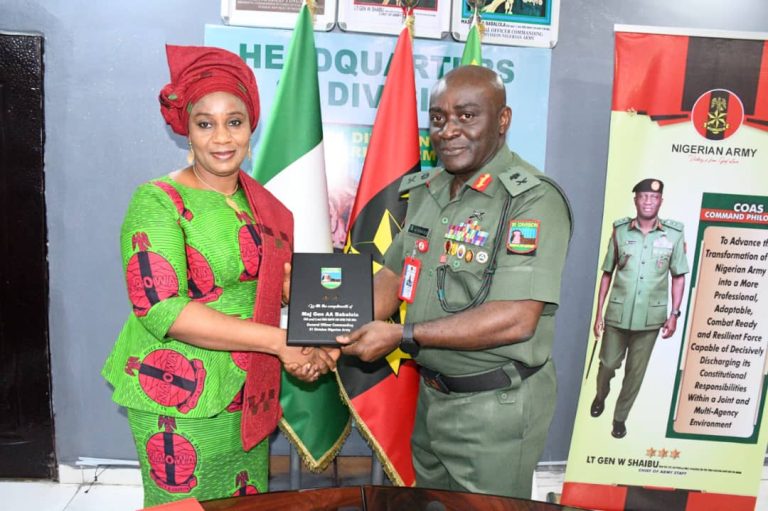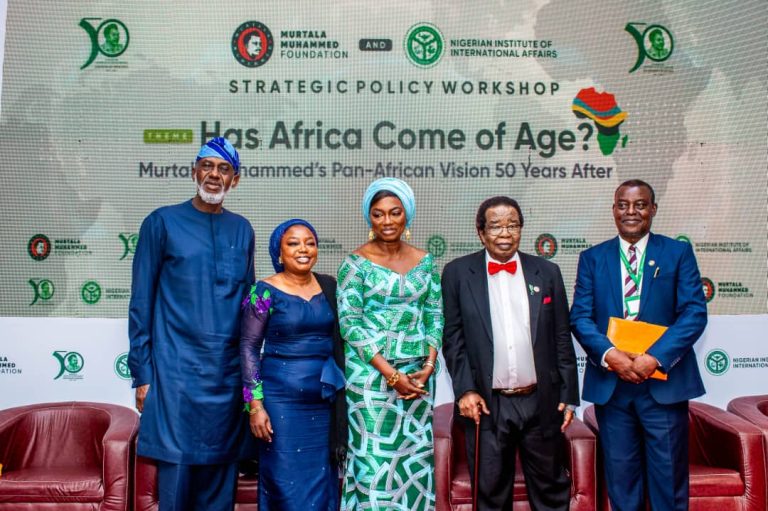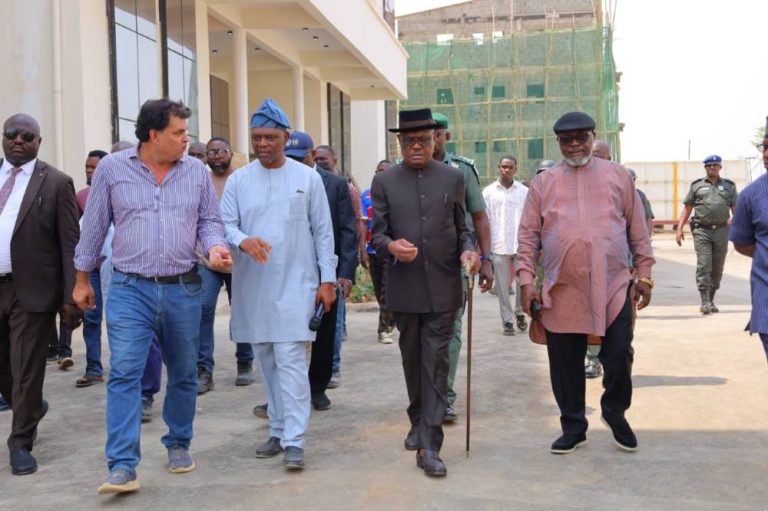
A new literacy paper has called for urgent, evidence-based action to bridge the gap between research and education policy, urging governments to translate proven strategies into classroom practice to combat global learning poverty.
The paper was spotlighted at the 6th Biennial Education Evidence for Action (EE4A) and Education Deans Forum (EDF) Conference, ahead of its official launch later in the year.
Produced by the What Works Hub for Global Education (WWHGE) in collaboration with the Global Education Evidence Advisory Panel (GEEAP) and the British Council, the report underscores the need for immediate policy transformation to ensure every child acquires foundational literacy skills.
It stresses three key messages:
- Foundational literacy is essential — without it, children are locked out of future learning opportunities.
- Evidence exists on what works — structured pedagogy, teacher professional development, and targeted interventions can dramatically improve learning outcomes at scale.
- Partnerships accelerate impact — by linking global evidence with local policy and classroom practice, governments and partners can achieve sustainable learning gains.
The EE4A Conference, organised by Zizi Afrique Foundation, serves as a leading platform where education stakeholders, policymakers, and researchers convene to bridge the gap between research and decision-making in the education sector.
The What Works Hub for Global Education is a global initiative funded by the UK Government’s Foreign, Commonwealth & Development Office (FCDO) and the Bill & Melinda Gates Foundation. Convened by the Blavatnik School of Government at the University of Oxford, the Hub works with 12 strategic and 43 consortium partners to identify and implement effective, scalable education reforms.
At the conference, WWHGE led a special session titled “Strengthening the Evidence Ecosystem: Building a Roadmap for Education Reform in Kenya.” The discussion focused on strategies to move rigorous global evidence, such as the GEEAP Literacy Paper, into actionable government policies and classroom-level reforms.
Through collaborations with ministries of education, teacher training institutions, and local organisations, the Hub is supporting countries to translate research findings into practical interventions that shape teaching methods and strengthen foundational learning.
The British Council’s Learning and Life for Global Education (LL4GE) initiative also featured prominently at the conference. LL4GE integrates literacy, language, and life skills to equip young people with academic and social competencies for employment, resilience, and active citizenship.
Together, WWHGE (with GEEAP), the British Council, and LL4GE form a powerful coalition driving literacy reform — linking global evidence with local action to enhance learning outcomes for all.
As the Literacy Paper moves toward its official release, the partners reaffirmed their commitment to embed evidence-based recommendations into national reform agendas and help governments implement them at scale. This next phase of WWHGE’s mission, they noted, aims to ensure that every child, regardless of context, benefits from proven strategies for foundational literacy and lifelong learning.




